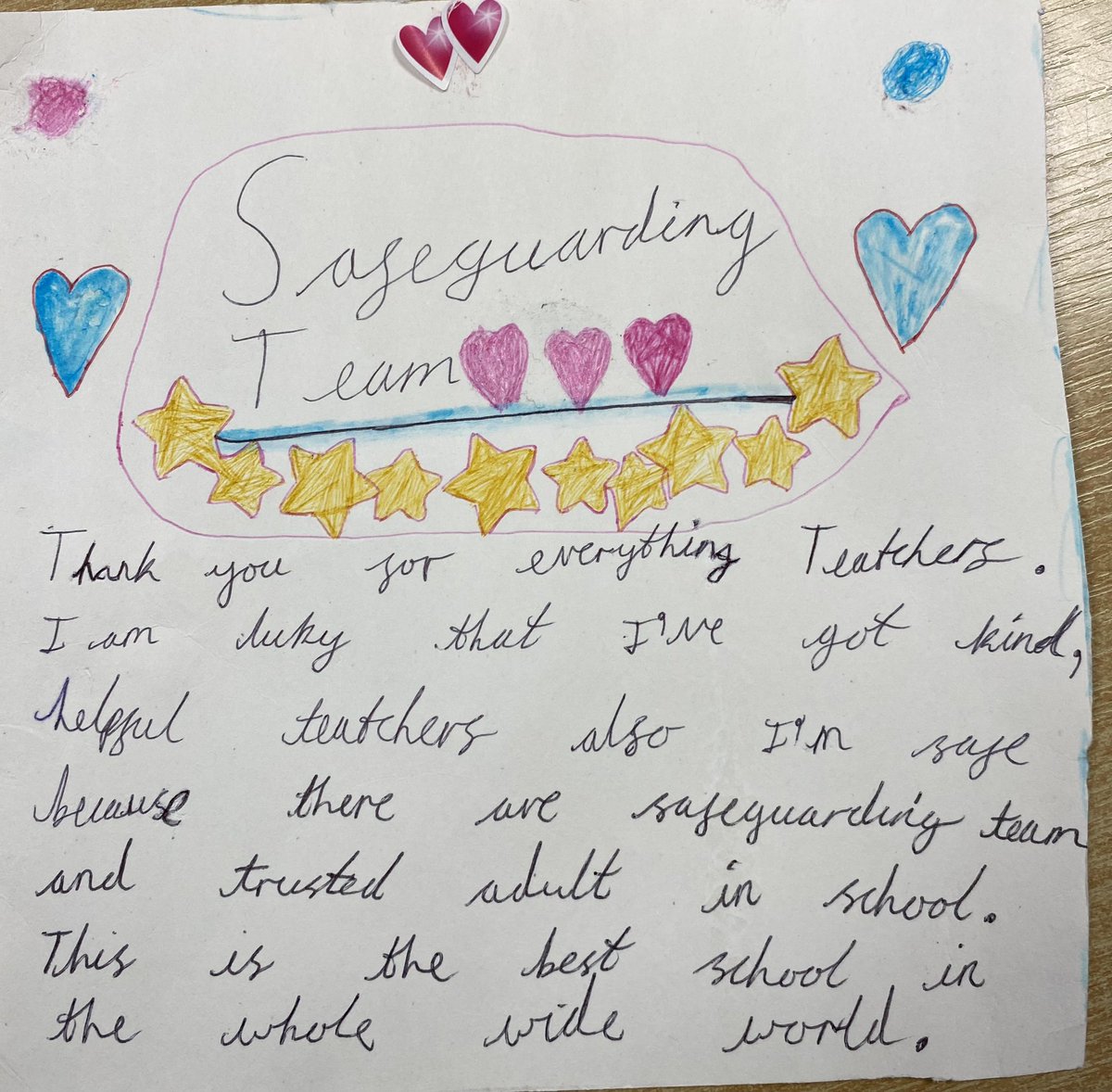History
“History is who we are and why we are the way we are”
David McCullough
History is the study of past events. People know what happened in the past by looking at things from the past including sources (like books, newspapers, and letters) and artefacts (like pottery, tools, and human or animal remains.)
A historian needs:
-
Thorough investigative and research skills
-
Good communication skills
-
An interest in human behaviour, culture and society
-
An enquiring mind

History helps pupils to understand the complexity of people’s lives, the process of change, the diversity of societies and relationships between different groups, as well as their own identity and the challenges of their time.
Intent: Introduction, Vision and Philosophy
The purpose of this document is to clarify the how, why, and what of history teaching at our Academy. This is to be used by staff to clarify expectations, highlight the resources that we have at our disposal, and to ensure that a high-quality history curriculum is being taught to all. We want our children to be inquisitive and to question the information they are presented with to further their historical understanding. We want children to understand how they, their family and friends are linked to historical fabric of the local area, country and the world.
A high-quality history education will help pupils gain a coherent knowledge and understanding of Britain’s past and that of the wider world. It should inspire pupils’ curiosity to know more about the past. Teaching should equip pupils to ask perceptive questions, think critically, weigh evidence, sift arguments, and develop perspective and judgement. History helps pupils to understand the complexity of people’s lives, the process of change, the diversity of societies and relationships between different groups, as well as their own identity and the challenges of their time.
Implementation:
What does history look like?
Overview:
The teaching of history builds on the Early Learning Goals for Understanding the World within the EYFS.
The rationale behind the sequence of learning we have chosen is to enable our children to start their historical exploration through discrete subject teaching. In year 1 children think about significant people and events that have occurred within living memory. In year 2, they move on to widen that knowledge to events and people that were significant beyond living memory. When the children move to Year 3, they learn British history chronologically. At the end of Year 6 the children exceed the expectations of the National Curriculum by looking at how London has changed since Roman times.
Throughout the whole school the secondary order concepts are returned to so that children develop the substantive and disciplinary knowledge needed by historians.
Each term a new unit is taught which is signposted by the use of a new unit cover in the child’s history book and an immersive activity to introduce the new topic of study. We aim for a high-quality history curriculum which inspires pupil’s a curiosity and fascination about Britain’s past and that of the wider world.
Annual history overview

Unit
The sequence of learning has been outlined by the rationale above. Within each unit there is a pre-planned sequence of learning. Teachers plan the unit of work starting from the end point of the last history unit. Knowledge is then built-up week by week to move through the aspect of history being covered so that there is a clear progression of learning through each unit. The front cover of each unit displays the order in which the learning will happen and the relevant links to the National curriculum. The knowledge organiser that accompanies each unit makes the expectations of what must be known by every child clear. The content of each unit is shared with parents through our looking forward letters. These are also available on our website.
Typical Lesson
We aim to provide varied lessons, both in presentation and outcome, to allow children to fully immerse and engage with the subject. However, lessons should include: pair and/or group activities, practical task with stimuli, written outcomes that are appropriate for the subject.
Impact
Pupils have the opportunity to record their learning in a variety of ways, which is recorded within their history books. Evidence of the learning is dependent on the lesson outcome, year group and the knowledge and skills being developed. Learning is recorded in history books each week.
Subject leaders will conduct learning walks and pupil interviews to measure the impact of our teaching, based on how much children can remember.
Subject leaders will meet with their counterparts from our other cluster schools half termly and will moderate the planning, work and monitoring outcomes from their setting to ensure that standards are exceeding the expectations of the National Curriculum.























